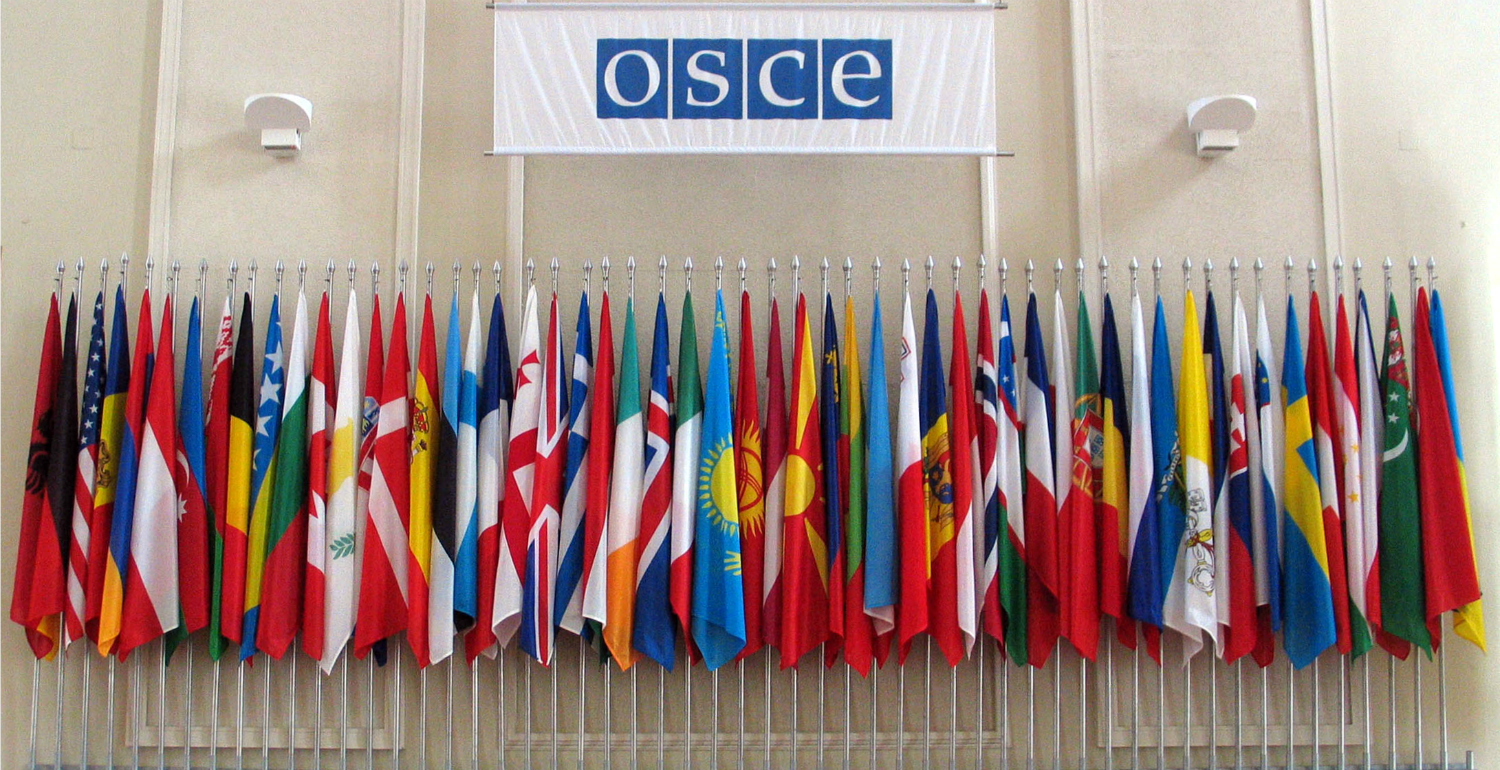This hearing focused on Nagorno-Karabakh, a region in Azerbaijan that has historically been dominated by Armenians and, consequently, has requested to become part of Armenia. The Azeris did not take too kindly to this request, and bloody and violent conflict ensued between the two countries. The hearing examined whether there were still reasons for cautious optimism about a negotiated settlement. This dispute underscored the fact that almost all borders between republics in the former U.S.S.R. were then in dispute.
Others present at the hearing included Commissioner Dennis DeConcini, members of the Russia Supreme Soviet Anatoly Shabad, Nadir Mekhtiyev, and Fyodor Shelov-Kovedyaev, Plenipotentiary Representative of Armenia to the United States Alexander Arzoumanian, and Dr. David Nissman, expert on Azerbaijan.









